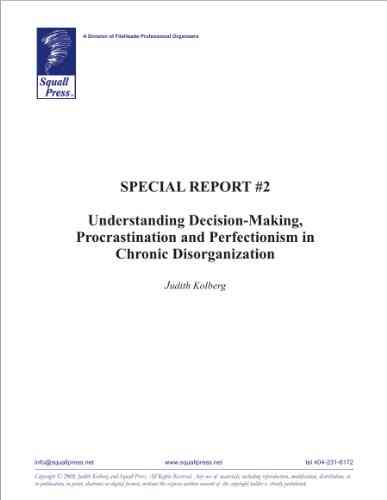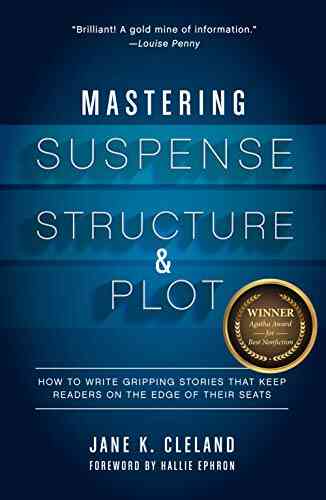Do you often find yourself putting off important decisions or striving for perfection at all costs? You may be experiencing chronic decision-making procrastination and perfectionism. In this article, we will delve deep into understanding the connection between these behaviors and how they affect our lives.
What is Chronic Decision Making Procrastination?
Chronic decision-making procrastination refers to the consistent delay or avoidance of making choices, even when they are necessary or could greatly impact our lives. It stems from various factors, such as fear of making the wrong decision, fear of change, or a lack of confidence in one's abilities to make sound judgments.
People with chronic decision-making procrastination tend to overanalyze situations, weighing multiple options and potential outcomes without ever committing to a choice. This can lead to missed opportunities, increased stress, and a feeling of being stuck in a perpetual state of indecision.
4 out of 5
| Language | : | English |
| File size | : | 168 KB |
| Text-to-Speech | : | Enabled |
| Enhanced typesetting | : | Enabled |
| Word Wise | : | Enabled |
| Print length | : | 10 pages |
| Screen Reader | : | Supported |
The Perfectionism Conundrum
On the other hand, perfectionism involves setting excessively high standards for oneself and constantly striving for flawlessness. It fuels the need to achieve perfection in every aspect of life, leaving little room for mistakes or setbacks.
Chronic decision-making procrastination and perfectionism often go hand in hand. The fear of making a wrong decision stems from the perfectionist mindset, as any deviation from the ideal outcome is seen as a failure. This fear fuels procrastination as perfectionists get trapped in the cycle of analysis paralysis, unable to make a move until everything aligns perfectly.
Breaking the Cycle
Understanding and addressing chronic decision-making procrastination and perfectionism is crucial for personal growth and success. Here are some strategies to help break the cycle:
1. Recognize Your Patterns
Start by becoming aware of your decision-making patterns and the underlying reasons for your procrastination and perfectionism. Self-reflection and journaling can be helpful in identifying recurring thoughts and behaviors.
2. Embrace Imperfection
Challenge the notion that everything needs to be perfect. Accept that mistakes are a natural part of the learning process and that taking imperfect action is better than no action at all. Embracing imperfection allows you to grow and move forward.
3. Set Realistic Goals
Aim for realistic goals instead of striving for unattainable perfection. Break down your tasks into smaller, manageable steps, and focus on progress rather than obsessing over each detail.
4. Practice Decision-Making Skills
Boost your decision-making skills by practicing making choices in low-stakes situations. Start with small decisions and gradually work your way up to more significant ones. Remember that decision-making is a skill that can be learned and improved upon.
5. Seek Support
If chronic decision-making procrastination and perfectionism continue to hinder your daily life, consider seeking support from a therapist or counselor who specializes in cognitive-behavioral therapy (CBT). CBT can help you challenge negative thought patterns and develop more adaptive behaviors.
Understanding the connection between chronic decision-making procrastination and perfectionism is the first step towards breaking free from the cycle. By recognizing your patterns, embracing imperfection, setting realistic goals, practicing decision-making skills, and seeking support when necessary, you can regain control over your decision-making process and lead a more fulfilling life.










































































